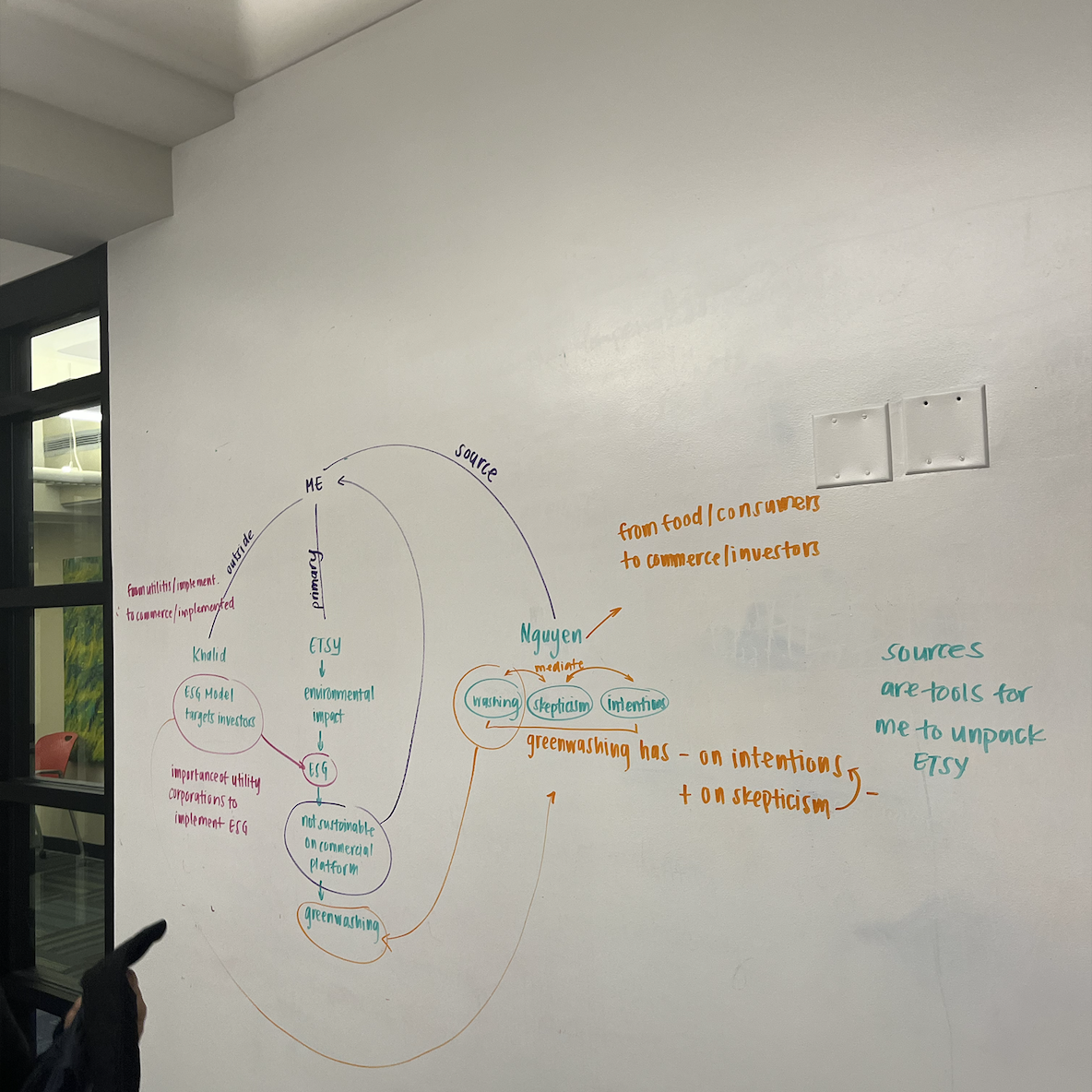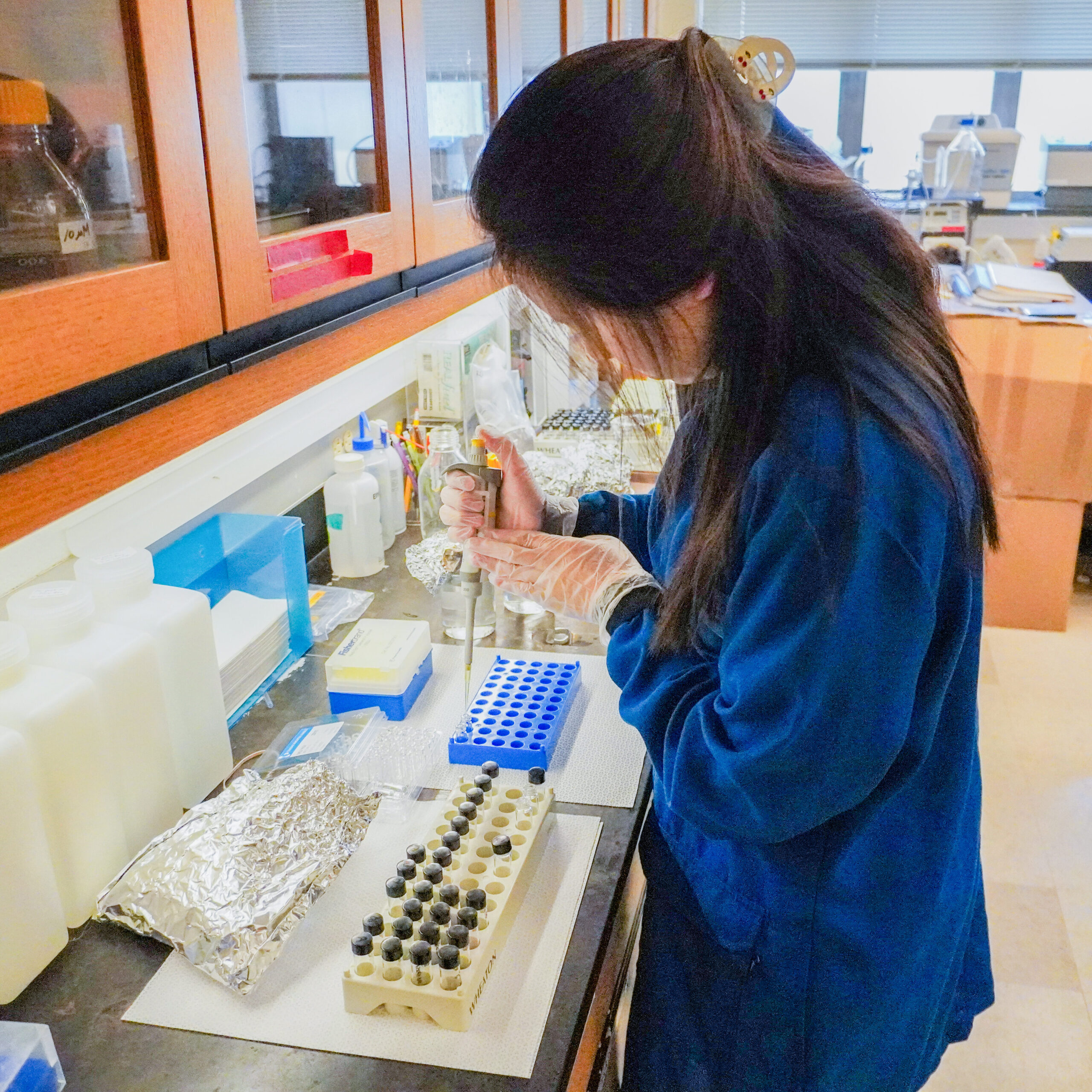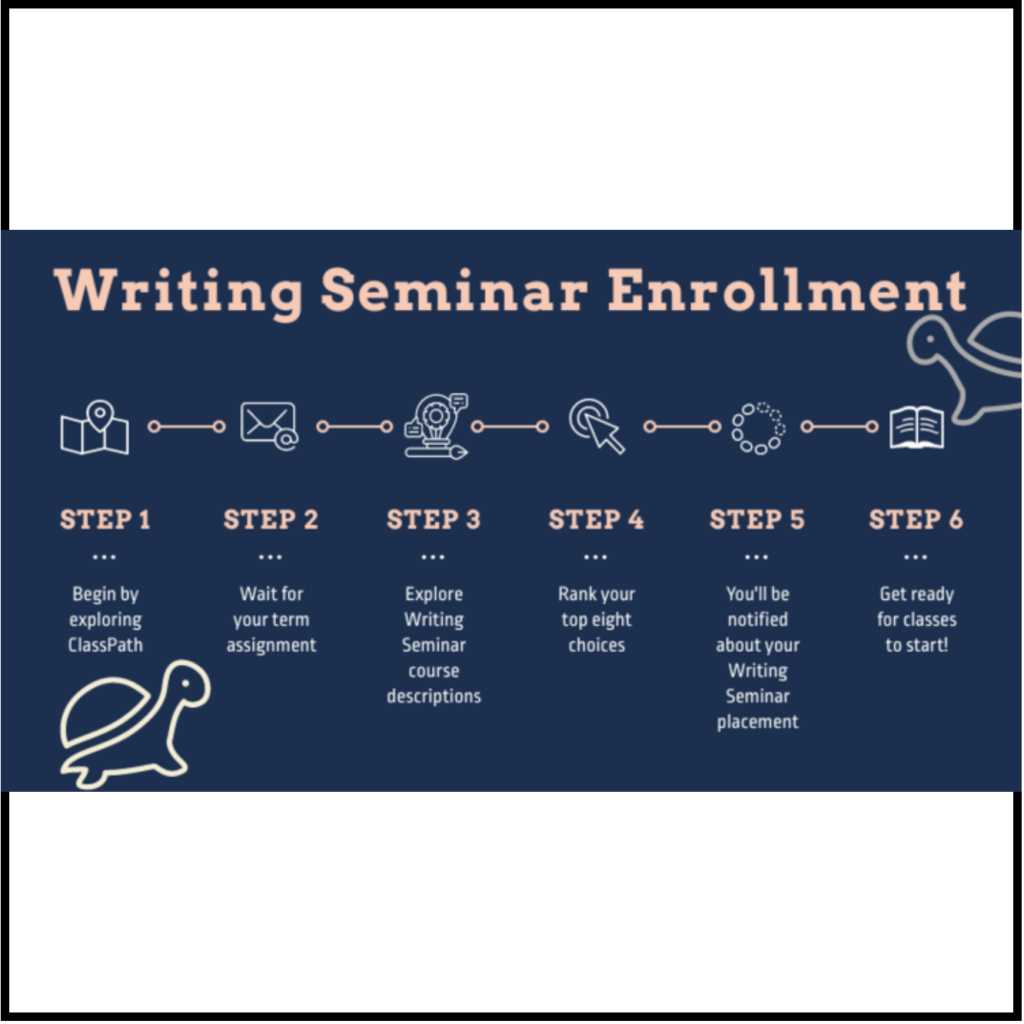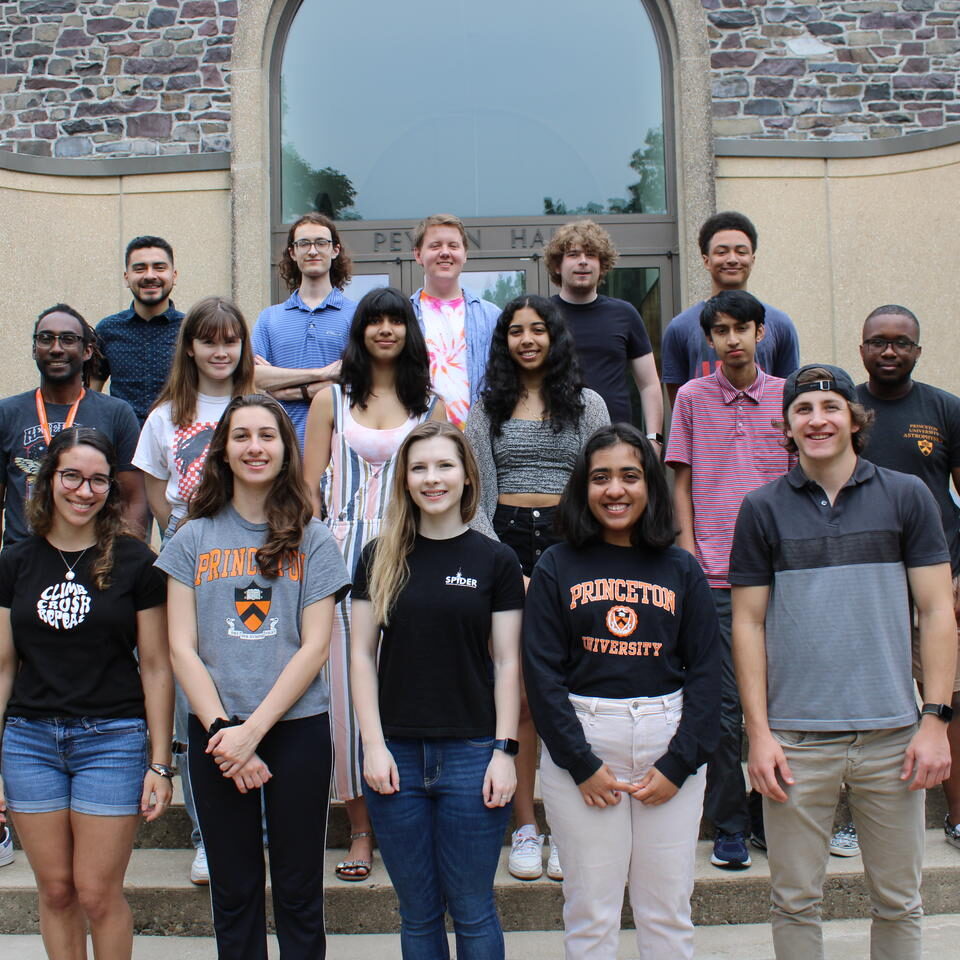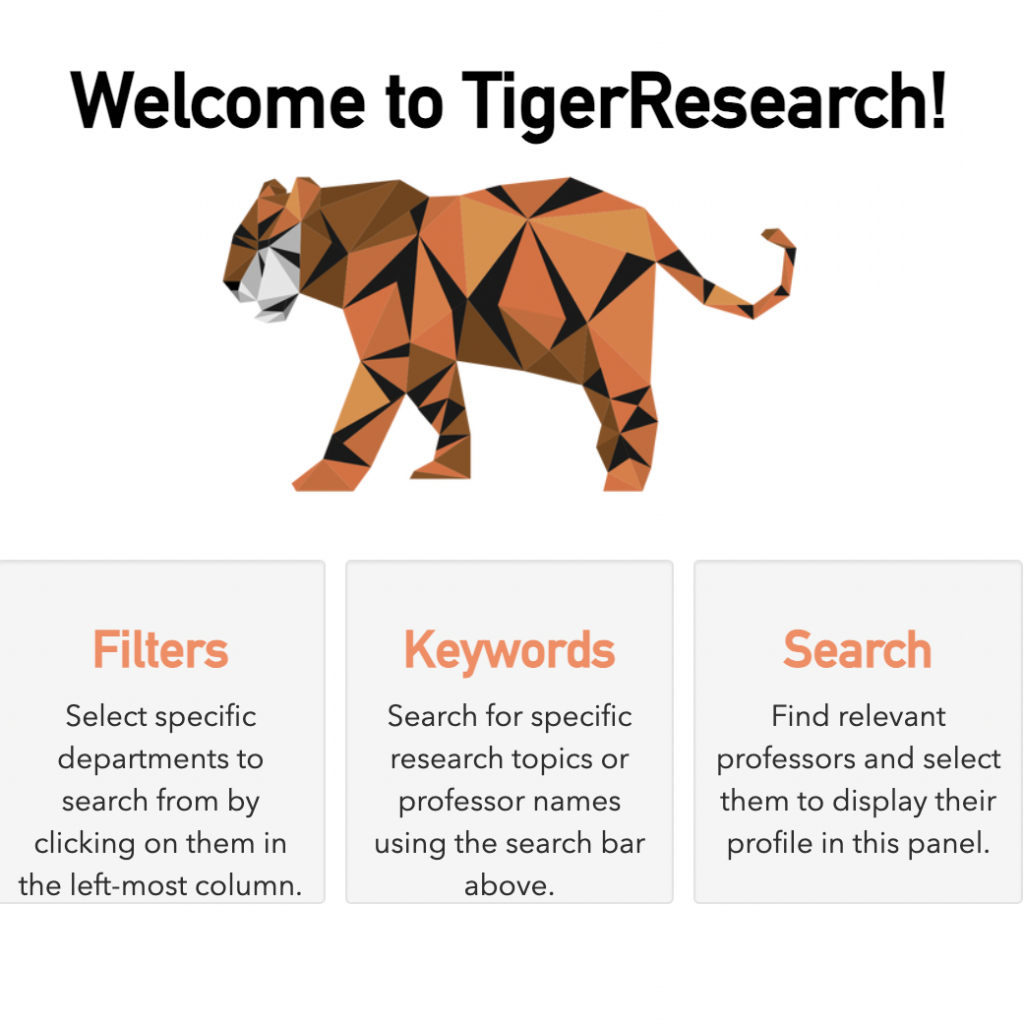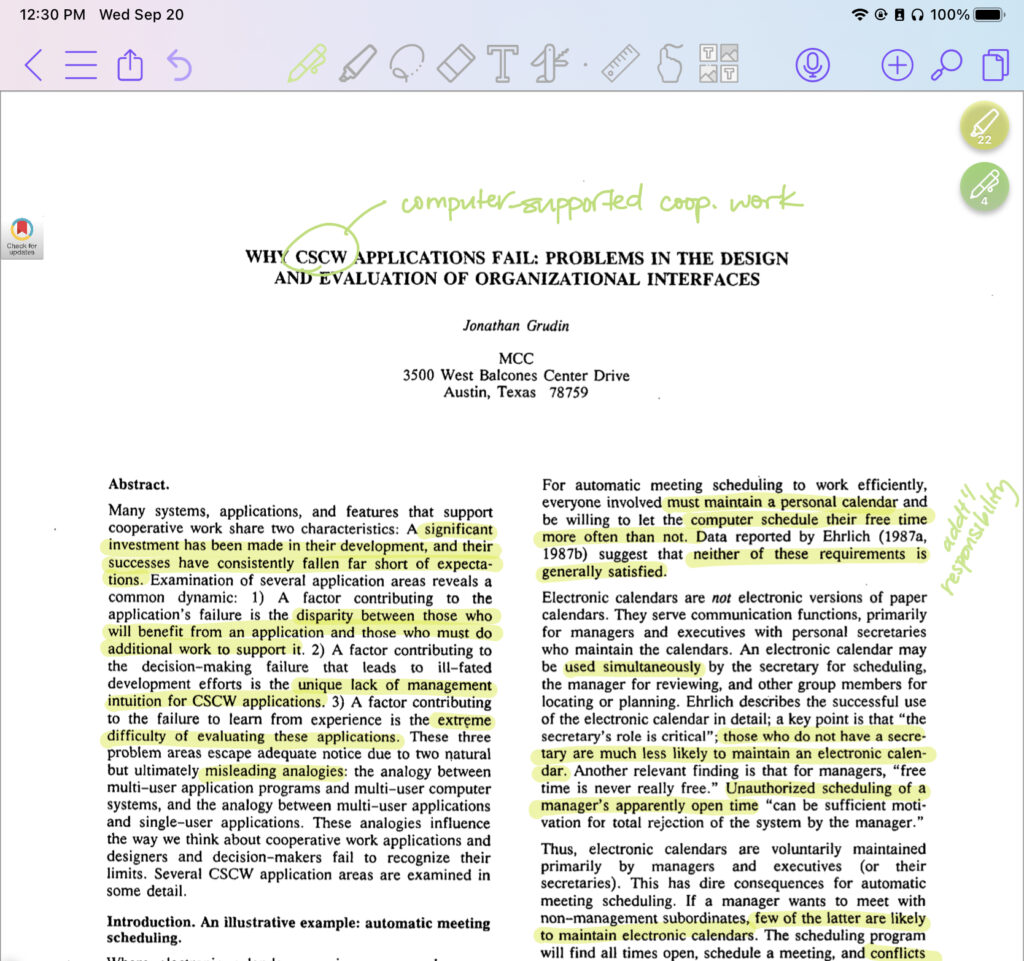Unfortunately, many of us will experience burnout sometime during our four years here at Princeton. For those of you who may not have heard this term before, the definition is in its name: burnout involves losing that spark of motivation that previously might have kept you pushing forward through your workload. Keep in mind that burnout is distinct from things like anxiety or depression that may also be impacting your academic performance in a similar way. If you think you are struggling with these instead, you can contact Princeton’s Counseling and Psychological Services (CPS) to seek longer-term professional help. They also offer urgent consultations for more immediate situations. Burnout specifically deals much more with the ebbs and flows that can happen as stress builds over the course of a semester. Thankfully, there are many ways to combat and minimize the negative effects of burnout. If you have a few overdue assignments, slept through a few lectures, or just generally feel you are not quite as on top of things as you may have been when the semester began, here are some of my tips for getting out of an academic slump.



